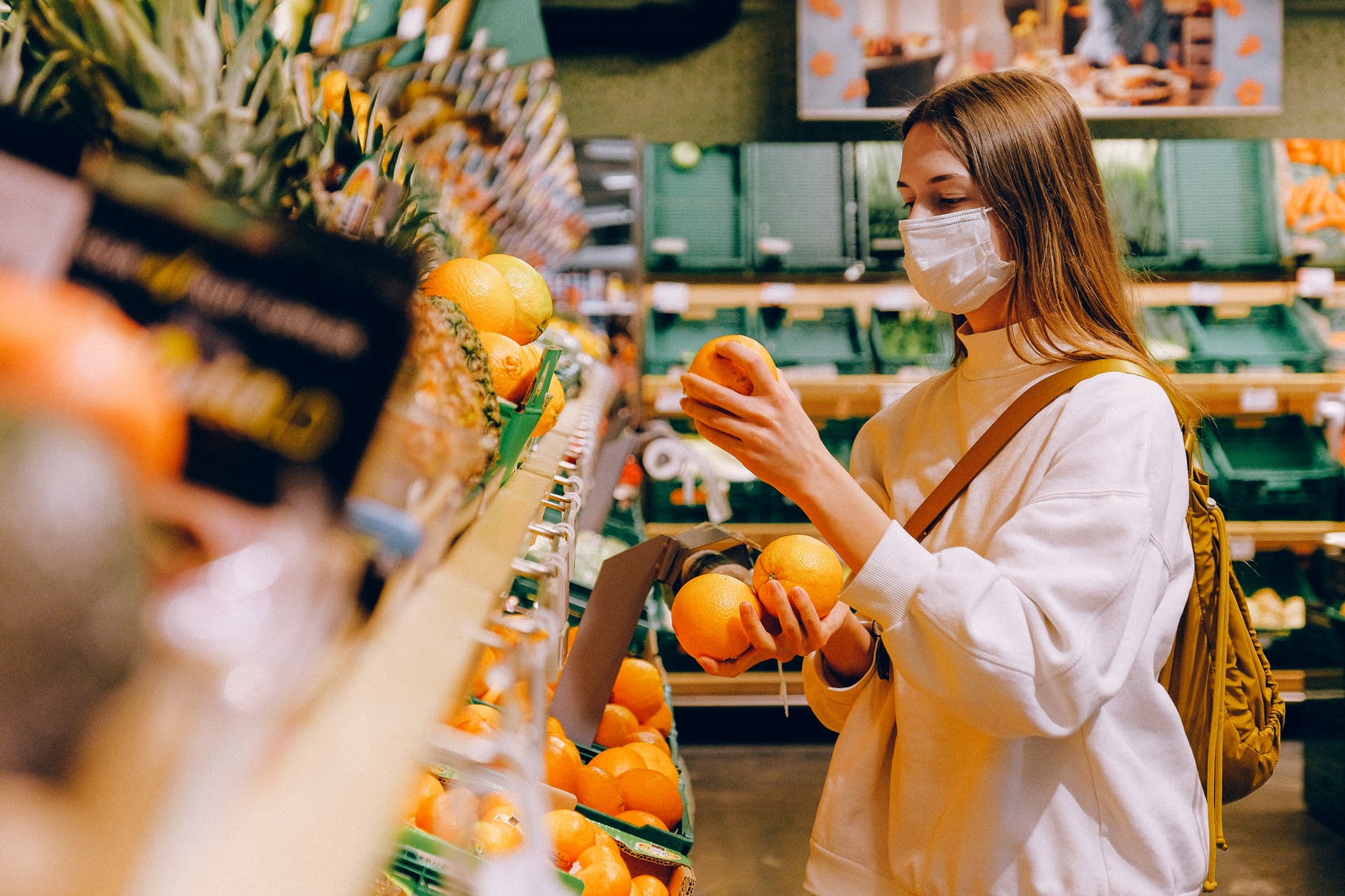The COVID-19 health crisis has prompted governments around the globe to impose measures that have severely impacted local economies. As weeks of enforced social distancing rules go by, we begin to understand just how many people are being negatively impacted. But as the restaurant, hospitality, and tourism industries are the first to report immense difficulties, we learn of another sector of the economy suffering due to the local and federal governments’ top-down approach to fighting this epidemic.

According to reports from The New York Times and the Indian Express, the massive closure of U.S. restaurants is forcing American farmers to dump their own produce as Americans are forced to stay home and cook for themselves.
“People don’t make onion rings at home,” onion farmer Shay Myers told reporters.
In addition to fresh produce, the country’s largest dairy cooperative, Dairy Farmers of America, is also feeling the impact of the shutdown, having to dump 3.7 million gallons of milk daily.
To make matters worse, Rep. Thomas Massie (R-KY) told a radio station this week that America is “weeks, not months, away from farmers euthanizing animals that would have been sold for meat/food.”
According to the congressman, while the price of meat is going up at the grocery store, farmers are seeing the value of their cows, hogs, and steers drop. That’s because of a supply line that is “brittle,” the congressman said.
“You have to take cattle, steer, beef, whatever, hogs, to a processing plant. And these processing plants, like much of industrial America right now, are shutting down because of absentees, which has been exacerbated by the unemployment program the federal government has instituted — plus the $1,200 checks that are about to hit, plus some of the regulations that the states have put in place.”
The fact bureaucrats have no idea how the economy works, Massie added, makes it difficult for them to conceive that their own shutdown policies would impact the food industry so negatively. Unfortunately, meat processing plants are closing their doors everywhere, Massie explained. Including a plant that processed 1,900 cattle a day.
If farmers can’t have their cattle processed, consumers will see fewer options at the grocery store.
“I’m afraid you’re going to see … cattle and hogs being euthanized or incinerated and buried while we have shortages at the supermarket,” Massie said during the interview. “And you talk about civil unrest when you start seeing that. And it’s all because of the brittle food supply chain.”
The Libertarian Solution
The food industry in America has long been the victim of government meddling.
From regulations to subsidies that reward some farmers at the expense of others, the U.S. government has done little over the decades to allow the market to correct issues raised by crises such as the one we’re facing today.
To Massie, the way to ensure Americans can continue to buy meat products during and after the lockdowns is to cut out the middleman.
“I’ve got a bill that would let these local meat packers sell cuts of meat individually instead of having to sell half a cow or a quarter of a cow,” he said.
While this is an excellent and necessary first step, this bill wouldn’t address issues being faced by other food producers.
In order to free the food market as a whole, the U.S. government should dismantle most of the regulations and subsidies that are currently keeping food suppliers from being able to distribute their products to a greater number of people. If Massie is able to push this bill through Congress, bringing it to President Donald Trump for his signature, this could be the beginning of a chain reaction that would bring the public’s attention to the system that has, for much too long, kept our food supply hostage to the whims of clueless bureaucrats.

























